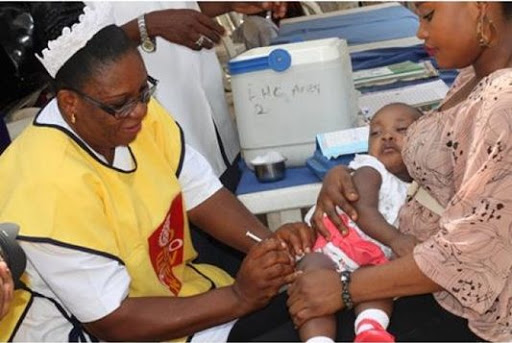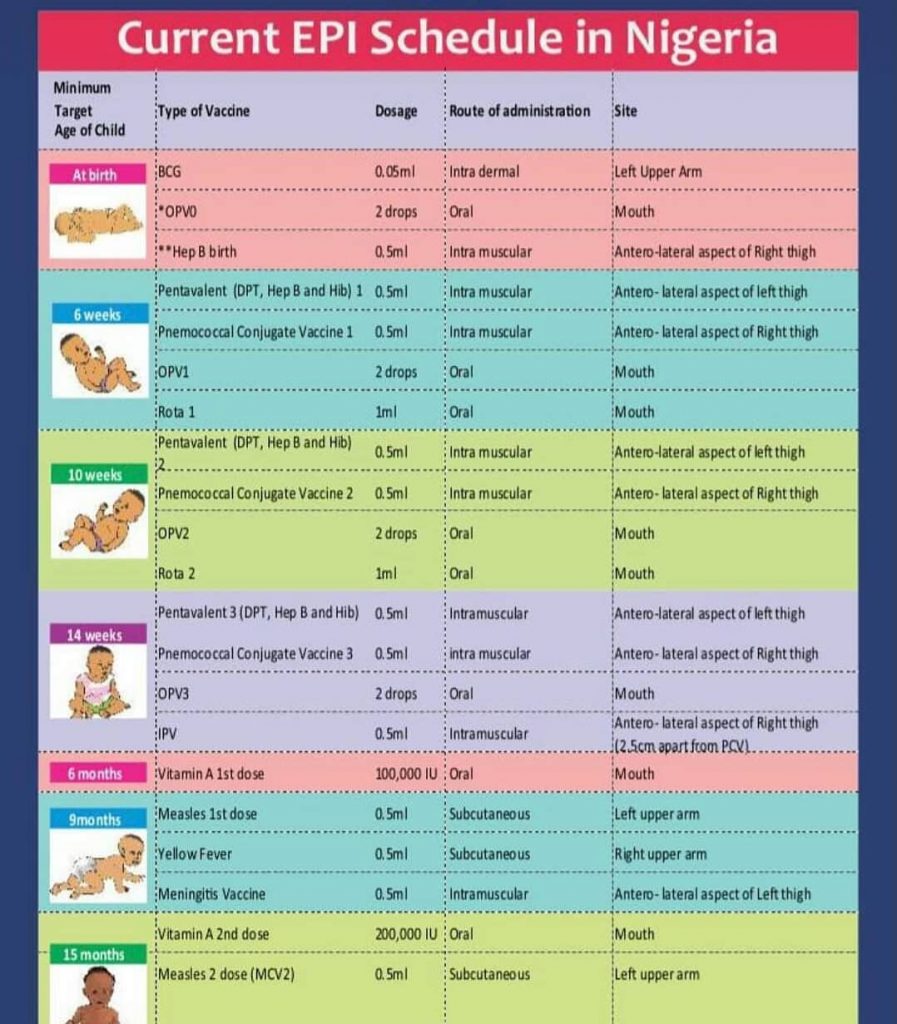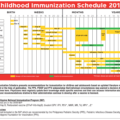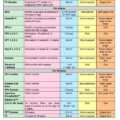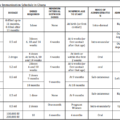A program on immunization, also known as an immunization schedule or vaccination program, is a comprehensive strategy implemented by governments and healthcare organizations to ensure that individuals receive recommended vaccines at specific ages or intervals. These programs are designed to protect individuals and communities from vaccine-preventable diseases by providing timely and accessible immunizations. Key components of a program on immunization include:
- Vaccine recommendations: Based on scientific research and expert recommendations, a program on immunization outlines which vaccines are recommended for different age groups and populations. It specifies the vaccines that individuals should receive to prevent specific diseases and promote overall public health.
- Immunization schedule: An immunization schedule provides a timeline and sequence for administering vaccines. It indicates the recommended ages at which individuals should receive each vaccine and any necessary booster doses. The schedule takes into account the immune system development, the optimal timing for vaccine effectiveness, and the risk of exposure to specific diseases.
- Vaccine availability and accessibility: Immunization programs ensure that vaccines are readily available and accessible to the target population. This includes factors such as the procurement, storage, and distribution of vaccines to healthcare providers, clinics, hospitals, and other vaccination centers. Efforts are made to ensure equitable access to vaccines, taking into account factors like geographical location, socio-economic status, and marginalized populations.
- Vaccine safety and monitoring: Vaccine safety is a critical aspect of immunization programs. Regulatory bodies oversee the approval and monitoring of vaccines to ensure their safety and effectiveness. Adverse events following immunization (AEFI) surveillance systems are in place to detect and investigate any potential side effects or adverse reactions to vaccines.
- Public awareness and education: Immunization programs involve public awareness campaigns and educational initiatives to inform individuals, parents, healthcare providers, and communities about the importance of immunization. These efforts aim to address vaccine hesitancy, provide accurate information about vaccines, and dispel myths or misinformation surrounding vaccination.
- Data collection and evaluation: Immunization programs collect and analyze data on vaccine coverage rates, vaccination status, and disease surveillance to assess the program’s effectiveness and make informed decisions for future improvements. Monitoring and evaluation allow for adjustments in strategies, identification of under-immunized populations, and targeted interventions to improve vaccine uptake.
By implementing a comprehensive program on immunization, countries can protect individuals from vaccine-preventable diseases, reduce the burden of infectious diseases, and contribute to global public health goals. Vaccine-Preventable Diseases account for 20% of morbidity and mortality in children under 5s. Children by the age of 1 should have completed their immunization schedule according to the NPI schedule. In Nigeria, the National Programme on Immunization (NPI) suffers recurrent setbacks due to many factors including ethnicity and religious beliefs.
Although immunization began in Nigeria in 1956 when smallpox was severe nationwide the national immunization tagged Expanded Programme on Immunization started in 1979 to combat deadly childhood diseases, which were regarded as the cause of high infant morbidity and mortality in Nigeria. Immunization (or vaccination) protects people from disease by introducing a vaccine into the body that triggers an immune response, just as though you had been exposed to a disease naturally. The vaccine contains the same antigens or parts of antigens that cause the disease, but the antigens in vaccines are either killed or greatly weakened. Vaccines work because they trick your body into thinking it is being attacked by the actual disease.
Immunity through immunization happens without the consequence of being ill and without the risk of potential life-threatening complications from the disease. Once a person is immunized, specific immune cells called memory cells prevent re-infection when they encounter that disease again in the future. However, not all vaccines provide lifelong immunity. Vaccines such as the tetanus vaccine require booster doses every ten years for adults to maintain immunity.
Not just for children
At any age, vaccination provides the longest-lasting, most effective protection against disease. Vaccine-preventable diseases can be serious, and in some cases can cause life-threatening complications that can lead to hospitalization. This is especially a concern for infants and young children, who are particularly more vulnerable. Having children vaccinated on time is important and helps ensure that they receive the protection they need as early as possible to fight off diseases before they are exposed to them.
Immunization is important not only in childhood but in adulthood as well, to help promote healthy aging. This is because childhood immunization does not provide lifelong immunity against some diseases such as tetanus (lockjaw) and diphtheria. Adults require helper, or booster, shots to maintain immunity. Adult vaccinations may also be recommended to protect against diseases common in adulthood such as shingles. The current Immunization schedule in Nigeria is provided below:
National Guidelines for Childhood Immunization Practices
1 Immunization services should be readily available.
2 There should be no barriers or unnecessary prerequisites to the receipt of vaccines.
3 Providers should use all clinical encounters to screen for needed vaccines and, when indicated, vaccinate children.
4 Providers should educate parents in general terms about immunization.
5 Providers should inform parents in specific terms about the risks and benefits of the vaccines their child is to receive.
6 Providers should recommend deferral or withholding of vaccines for true contraindications only.
7 Providers should administer all vaccine doses for which a child is eligible at the time of each visit.
8 Providers should ensure that all vaccinations are accurately and completely recorded.
9 Providers should maintain easily retrievable summaries of the vaccination records to facilitate age-appropriate vaccination.
10 Providers should report clinically significant adverse events following vaccination promptly, accurately, and completely.
11 Providers should report all cases of vaccine-preventable diseases as required under provincial and territorial legislation.
12 Providers should adhere to appropriate procedures for vaccine management.
13 Providers should maintain up-to-date, easily retrievable protocols at all locations where vaccines are administered.
14 Providers should be properly trained and maintain ongoing education regarding current immunization recommendations.
15 Providers should operate a tracking system.
16 Audits should be conducted in all immunization clinics to assess the quality of immunization records and assess immunization coverage levels.

